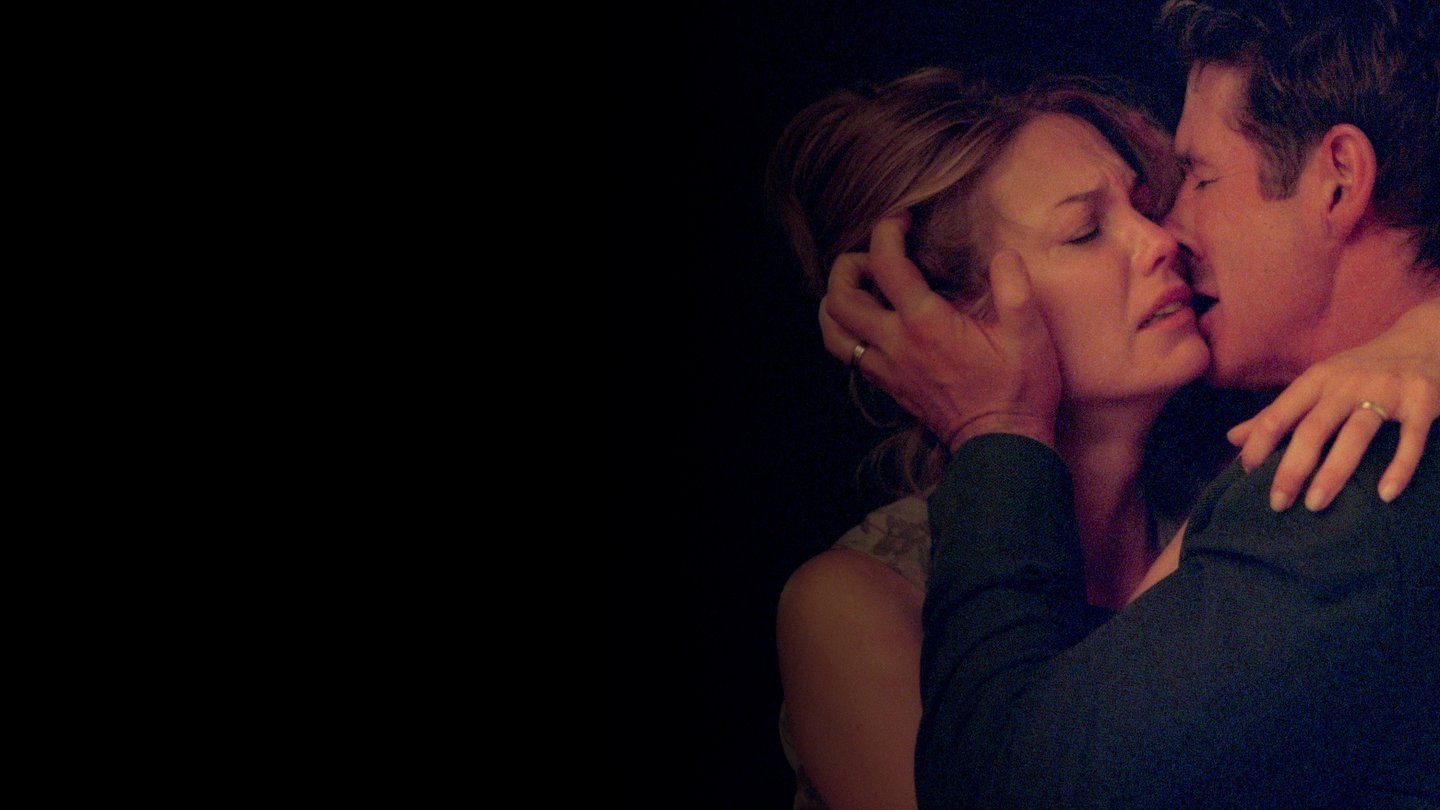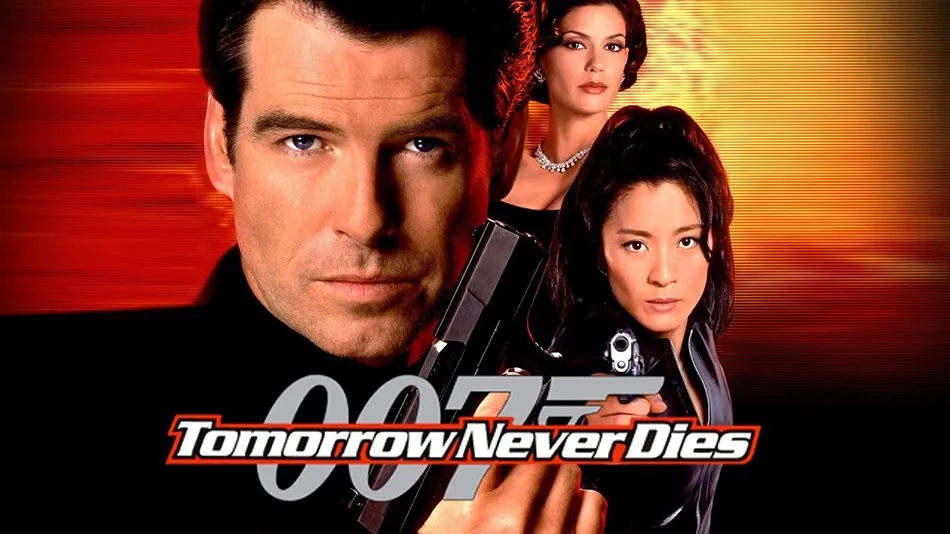Unfaithful (2002) is a tense, emotionally charged drama that explores the dangerous terrain of desire, betrayal, and consequence. Directed by Adrian Lyne, the film centers on Connie Sumner, portrayed by Diane Lane, whose life begins to unravel after a chance encounter with a handsome French stranger, Paul Martel (Olivier Martinez), during a brief shopping trip. What starts as a flirtation quickly escalates into a passionate affair that traps Connie in a web of guilt, secret desire, and fear of discovery.
Connie’s marriage to Edward, played by Richard Gere, initially appears stable and comfortable. They share a loving home and a young son, yet under the surface, Connie craves excitement and emotional fulfillment. When she meets Paul, she discovers an instant attraction that her marriage cannot satisfy. Their relationship is intense and consuming, eliciting feelings she believed she had long buried. However, the thrill of infidelity comes at a steep cost. Connie's internal conflict deepens as she sneaks away for illicit liaisons, torn between her responsibilities and her hunger for passion.
The film’s turning point arrives when Edward stumbles upon evidence of Connie’s affair—an expensive pair of shoes she left behind. Suspicion turns to confrontation, and the once-secure household shatters. In his grief and anger, Edward confronts Paul in a violent climax that leaves the audience questioning morality, love, and justice. The aftermath forces Connie to reckon with her choices and face the irrevocable damage wrought by her actions.
What sets Unfaithful apart is its refusal to paint characters in black and white. Connie isn’t a villain; she’s a complex woman struggling with unmet needs and moral ambiguity. Edward is more than a scorned husband—he is a man grappling with betrayal, love, and guilt. The film dives deep into the gray areas of human emotion and relationships, refusing easy answers.

The narrative’s pacing, marked by rising tension and culminating in haunting consequences, underscores the fragile boundaries between love and destruction. Lyne’s direction, known for exploring eroticism and emotional intensity in films like Fatal Attraction, is both evocative and restrained here. The cinematography’s use of soft light and warm tones contrasts with the film’s dark emotional undertones, highlighting how appearances can hide inner turmoil.
At its core, Unfaithful is a provocative and unsettling portrait of marital collapse, driven by desire and sustained by secrecy. It asks difficult questions: How much passion can one sacrifice for stability? When does yearning become betrayal? And how does a moment of weakness ripple outward to affect everyone it touches? The film leaves the audience uneasy, inviting reflection long after the final credits roll. In its moral complexity and emotional realism, Unfaithful remains a bold exploration of the perils of giving in to temptation.
-1751942827-q80.webp)
-1752049376-q80.webp)

